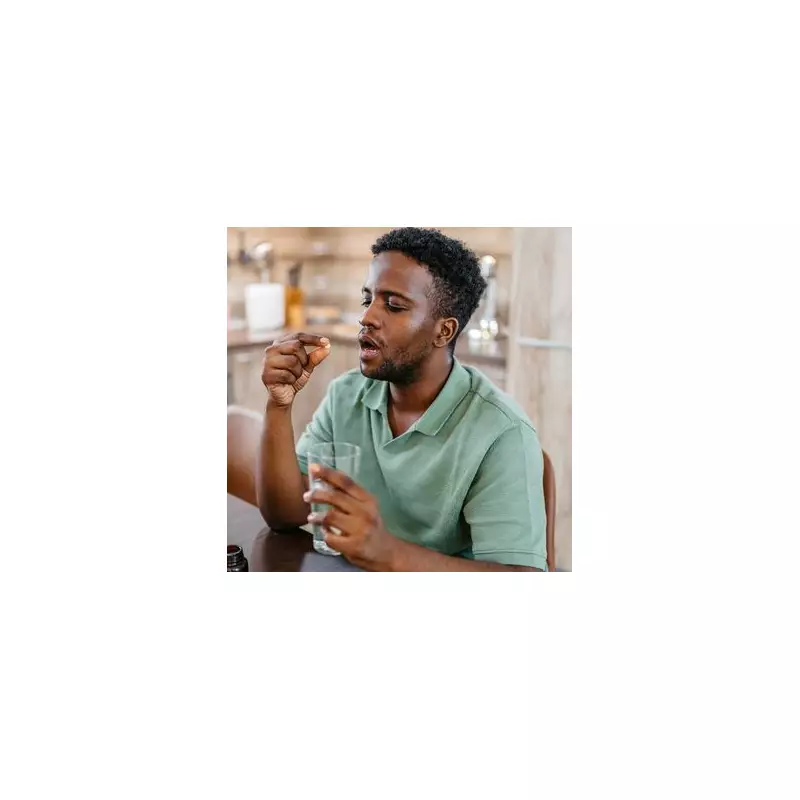
The NHS has issued an urgent warning to the millions of Britons taking the common blood-thinning medication warfarin, highlighting a potentially deadly interaction with a popular everyday food.
Healthcare professionals are stressing that consuming large quantities of green leafy vegetables—such as spinach, kale, and broccoli—can have severe consequences for those on the drug. These vegetables are rich in vitamin K, which directly counteracts warfarin's blood-thinning effects.
Why This Interaction Is So Dangerous
Warfarin works by reducing the liver's use of vitamin K to form clotting factors. Consistency is key. A sudden, significant increase in vitamin K intake can drastically reduce the drug's effectiveness, raising the risk of a dangerous blood clot.
Conversely, a sudden drop in vitamin K consumption can intensify the drug's effects, potentially leading to catastrophic internal bleeding. Patients are being urged to maintain a stable, consistent diet rather than cut out greens entirely.
Who Is Most at Risk?
This warning is critical for the estimated 1.5 million people in the UK who rely on warfarin to manage conditions like:
- Atrial fibrillation (AF)
- Artificial heart valves
- Deep vein thrombosis (DVT)
- Pulmonary embolism
The alert is particularly timely with the rise of trendy 'superfood' diets and green juices, which can cause a sudden and massive intake of vitamin K without the patient realising the danger.
The Essential Advice from Medics
The NHS's central message is consistency, not avoidance. Patients are advised against suddenly feasting on or completely eliminating green vegetables. The goal is to keep vitamin K levels stable from day to day.
Patients must have their International Normalised Ratio (INR) levels checked regularly to ensure their blood is within a safe, therapeutic range. Any planned significant changes to diet should be discussed with a GP or anticoagulant clinic first.
This warning serves as a crucial reminder that even natural, healthy foods can have powerful interactions with prescription medication, and vigilance is essential for patient safety.





